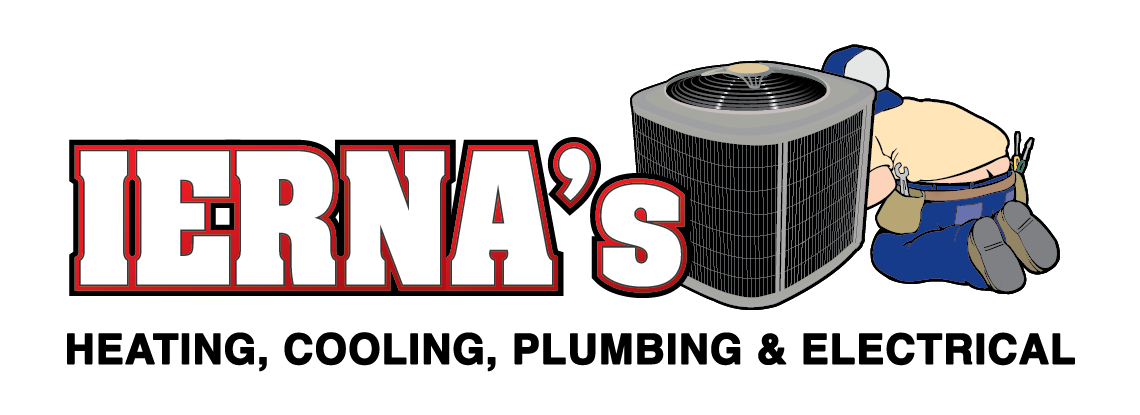
When you hear the term “plumbing replacement” you might think of various upgrades you can make in your home—such as installing low flow fixtures and faucets to cut down on your water usage and costs, or installing a new, fancier kitchen sink.
These are definitely important, and sometimes even fun, plumbing replacements. But the type of plumbing replacement you don’t want to make before it’s really necessary, is to your pipes. Whole-house repiping removes piping that is suffering corrosion and decay from general wear and tear. We’ll take a close look at when you should arrange for old pipe replacement, and how you can prevent premature repiping below.
First, How Long Do Pipes Typically Last?
This depends on a number of factors—mainly the material of your plumbing system. Brass, copper, and galvanized steel pipes can last for over 75 years, while PVC (polyvinyl chloride) pipes in drain lines can last for 25-40 years, and cast iron drain lines between 80-100.
These life expectancies make it seem like you have nothing to worry about, right? Especially if your home is under those age limits. Unfortunately, however, if your pipes aren’t maintained properly or if there are impurities in the water (particularly hard water minerals) then your pipes can have a shorter lifespan. Any pip material can suffer from rapid decay and corrosion, under the “right” circumstances.
Next, Look at How Often You Deal with Leaks
Pipes spring leaks every once and awhile, no matter the material, But when these leaks become a regular occurrence, and are popping up as pinhole leaks rather than perhaps joint leaks that can be tightened, you’re probably due for a plumbing inspection to see if you need repiping. Leaking generally spreads, and when your pipes are wearing down, that leaking spreads faster and farther.
Do You Have Hard Water in Your Home?
We mentioned this briefly above. Hard water is water with the presence of minerals such as magnesium, calcium, and sometimes iron in it. These minerals are harmless for people and pets to ingest, but they’re hard on your plumbing, since they build up and harden over time inside your pipes. As a result, corrosion can occur and leaks can form.
Fortunately, a whole house water softener installation can resolve this issue!
Do You Have Lead or Polybutylene Pipes?
If so, then regardless of whether or not you’re experiencing leaks or the side effects of hard water, you need to have them replaced ASAP. Lead pipes for drinking water presents major health hazards, particularly when it comes to the mental development of children.
Polybutylene is a more recent plumbing type, used from the ’70s to the late ’90s. The reason they aren’t used anymore is due to the ease at which they can break down. If you have questions regarding the status of your home’s plumbing, we’re happy to help! It’s our job to ensure that your home has the best plumbing it can so you can enjoy a peace of mind.
IERNA’s Heating & Cooling is your trusted resource when you need a professional Tampa plumber. Contact us today!

